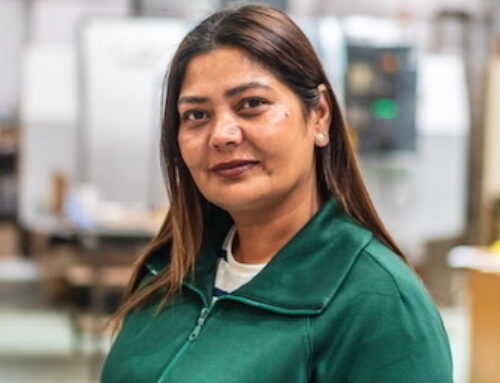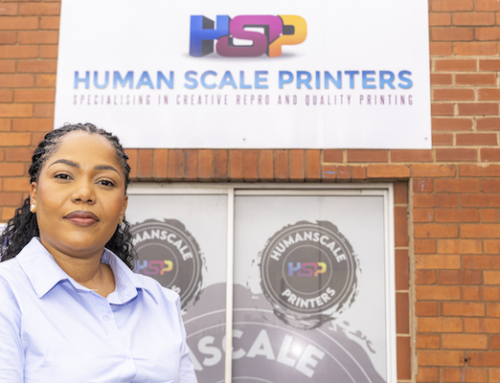According to Laurel Brunner of the Verdigris Project, working online has actually proved to be entirely possible for most of us. The rise in experience with online meetings advances what pundits call the digital transformation. For those of us completely immersed in printing technology history, this phrase generally means the shift from analogue to digital printing.
For Millenials, it means MySpace and email. For the so-called Generation Z, it means Facebook and WhatsApp. For antisocial grumps like me, the digital transformation in its widest sense provides an excuse not to talk to people. Being ancient and therefore considered technophobic, I can spuriously claim that I don’t do social media. This is a lie. I do, even though being such an antisocial grump I have yet to see the point of it.
This digital transformation business is of course all about the transition that the nearly-but-not-quite sainted Landa group chairman, Benny Landa, identified all those years ago when he said that ‘anything that can go digital will go digital’. These days, that includes body parts as well, what with all the creepy 3D organs we’ve seen at trade shows. But back to the point, inventive minds keep coming up with all sorts of lively and engaging alternatives to face-to-face live interactions.
In every part of the printing and publishing supply chain, there is an online gig of some sort. EFI recently ran an event over three days, FESPA is mulling online workshops, Mimaki has its Print Festival, and publishers are working with festival organisers to promote book launches and raise their authors’ online profiles.
What difference will it make, as we move slowly out of the Covid-19 twilight zone? The answer depends on the expectations we have for new business models, new engagement with customers and new attitudes to print publishing. Book sales have gone up during the pandemic as have online newspaper subscriptions. Magazines are seeing less positive shifts. Packaging continues to thrive. 3D printers are producing masks and the like.
Perhaps we’ll value books and bookshops more highly post-corona and perhaps we’ll produce less wasted print as a result. That would suggest that print volumes will continue to fall, but that quality and innovation will thrive. Producing less print, but hanging onto it for longer might just be very good news for the sector’s environmental impact.
This article was produced by the Verdigris Project, an industry initiative intended to raise awareness of print’s positive environmental impact. Verdigris is supported by: Agfa Graphics (www.Agfa.com), Digital Dots (www.digitaldots.org), EFI (www.efi.com), FESPA (www.fespa.com), Fujifilm (www.fujifilm.com/sustainability/), HP (www.hp.com), Kodak (www.Kodak.com/go/sustainability), Practical Publishing (www.practicalpublishing.co.za), Ricoh (www.ricoh.com), Unity Publishing (http://unity-publishing.co.uk) and Xeikon (www.xeikon.com).
To submit your news please, contact journo@practicalpublishing.co.za
Read the top 5 stories weekly on WhatsApp or sign up to our newsletter.
THE VERDIGRIS PROJECT http://verdigrisproject.com/








